MEN ADDICTION TREATMENT CENTER
Addiction is a serious and debilitating illness that affects people of all genders. However, men often face unique challenges when it comes to seeking treatment for addiction. That’s why Impact IOP offers specialized men addiction treatment programs designed to address these specific needs. Our evidence-based treatments, such as cognitive-behavioral therapy and mindfulness practices, help men develop the skills and strategies needed to manage urges and cravings. Our supportive group therapy sessions also provide a safe and non-judgmental environment where men can share their experiences with others who understand exactly what they’re going through. At Impact IOP, we’re committed to providing men with the personalized and comprehensive care they need to achieve lasting recovery from addiction.
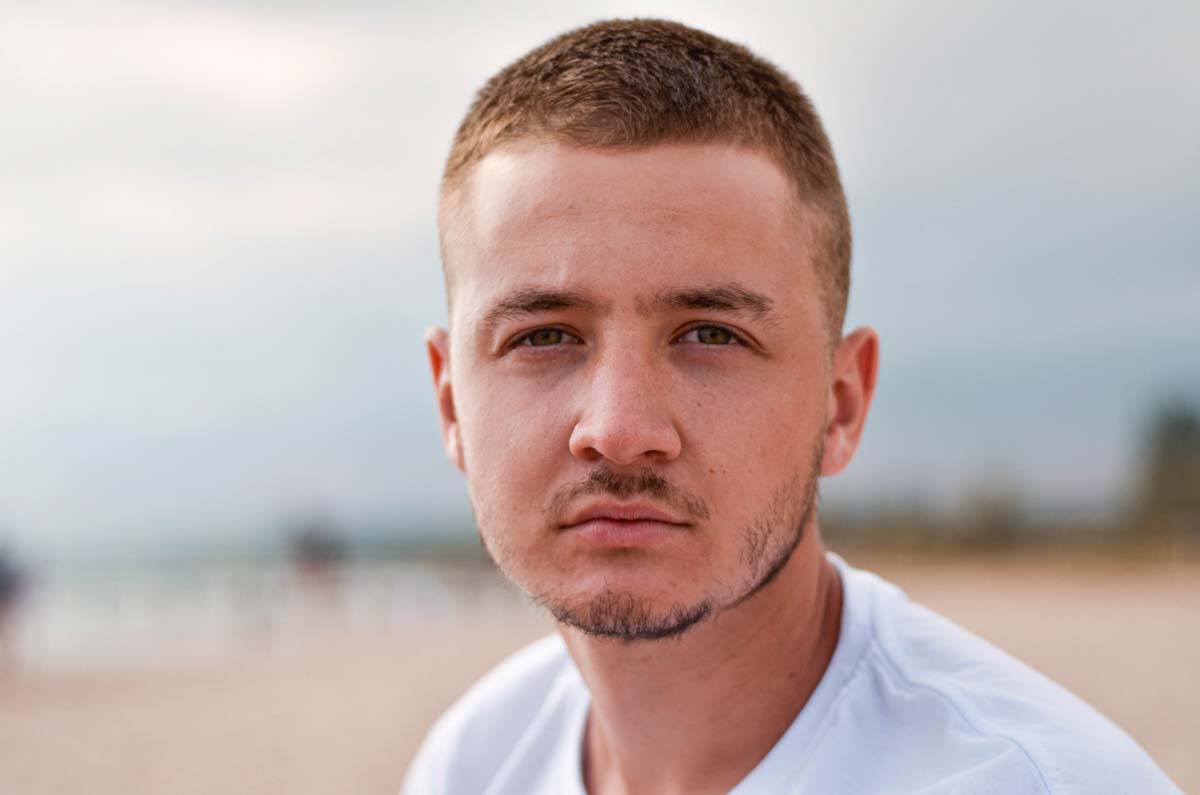
Overview of Men and Addiction
When we think about the prevalence of addiction in our society, a valid question would be what are the difference between men and women? This is a fair question because there are undeniable differences in men’s and women’s bodies that impact how they are impacted by drugs and alcohol. There are frequent differences between life experiences and social expectations, as well. So wouldn’t this mean they would benefit from individualized treatment as well?
According to the National Institute on Drug Abuse (NIH), men are more likely to use a wider variety of drugs and start doing so at a younger age. Teens and young adults are more likely to follow the crowd and try what others their age are using. As adults, men are also more likely to have their drug use lead to emergencies and overdose deaths. According to the Center for Disease Control and Prevention (CDC), nearly 75% of deaths caused by excessive alcohol abuse in the U.S. were men, according to the Center for Disease Control and Prevention (CDC). This is approximately 68,000 lives each year. According to the NIH, approximately 68% of overdose deaths were men in 2019.
Are Men Affected Differently by Substance Abuse?
Research has shown that there are differences in how men and women get to the point of addiction. Findings show that men tend to have a longer period of misuse and abuse before they become addicted and physically dependent on drugs and alcohol.
Statistics show us that men are more likely to struggle with alcohol misuse and abuse as well as marijuana abuse when compared to women. According to the Substance Abuse and Mental Health Services Administration (SAMHSA), a study from 2011 showed that 42.3% of men reported that their primary drug of choice was alcohol, while women reported a 33.3% rate. For marijuana use, 19.9% of men identified this as their drug of choice, while 14.6% of women reported the same. These are not considered large, or even statistically distinct differences, these two trends tend to be pretty consistent each year.
The CDC reports that men are twice as likely to binge drink when compared to women. Binge drinking for men is consuming five or more drinks within two hours. The CDC found that on average, men who binge drink do so approximately five times per month, and have an average of 8 drinks per binge.
A study published in 2019 showed that men are almost as likely as women to struggle with both a substance abuse disorder and a serious mental illness. Since women are more likely to engage in addiction treatment, that can leave us to assume that more men are struggling with their mental health and addiction when compared to their counterparts without the benefits of getting treatment. This may be connected to the higher rate of ER visits and fatal overdoses among males. Men who engage in an inpatient addiction treatment program, have a 10% higher risk of relapse compared to females who attend treatment programs.
Common factors contributing to relapses for men include stress and challenges, happy occasions, romantic relationships, and untreated mental health illnesses. In early recovery, the concern with romantic relationships is that relationships are time-consuming and can take attention away from recovery. If someone was using drugs or alcohol to manage an underlying mental health concern, they will need tools and skills to cope with the symptoms the drug was covering. This can be the beginning of a downward spiral without adequate treatment and support.
Depression, anxiety, post-traumatic stress disorder, and bipolar disorder are examples of some of the common mental health illnesses that co-occur with addiction. Symptoms for each of these disorders can be artificially masked by using drugs and alcohol. Men are over three times more likely to die by suicide when compared to females. More men drink alcohol before suicide than those who do not.
We know that alcohol impacts our judgment, and one of the concerns that arise with alcohol is violence. Excessive alcohol abuse and misuse are suspected of being key factors in physical violence and assault. Alcohol use is a risk factor for being a perpetrator of sexual violence.
Drinking alcohol is known to increase a person’s risk of developing several different forms of cancer, which makes it a preventable risk factor. Men are more likely to be diagnosed with cancer of the mouth, throat, esophagus, liver, and colon, compared to women.
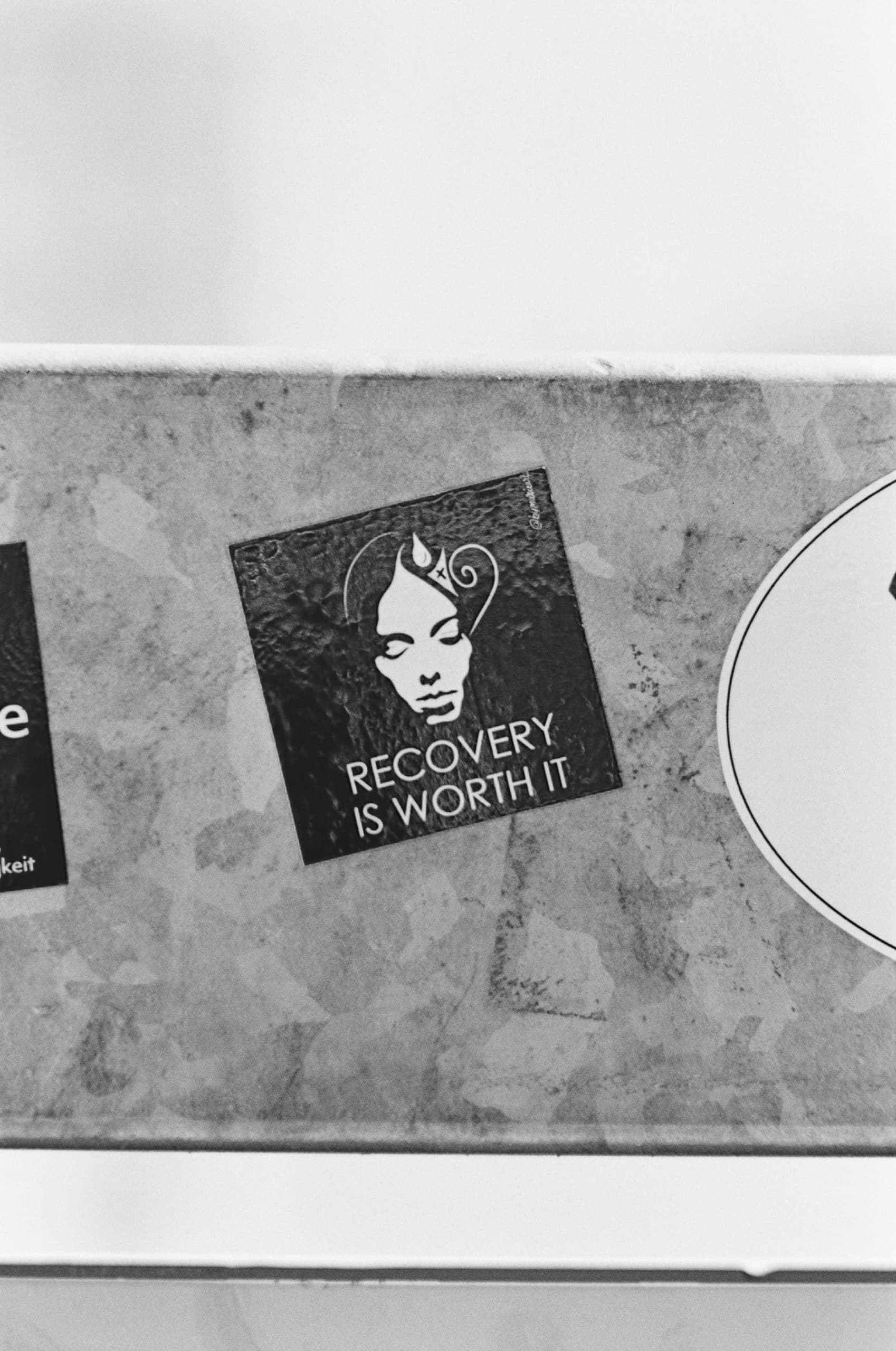
The Benefits of Going to a Men’s Drug Rehab Facility
Earlier, we mentioned that men are less likely to engage in addiction treatment programs than women. Knowing this, professionals have developed treatment programs for men that can better focus on their specific needs. In running a men’s treatment program, mental health therapists can have a stronger focus on gender-specific challenges than in a mix-gendered setting.
In a gender-specific setting, it’s possible to discuss any gender roles and expectations that have had a damaging effect on men’s health. An example of this can be expressing emotions and communicating concerns. A societal norm and generalization are that men don’t show emotions. Men’s specific treatment can offer opportunities for men to start expressing themselves and to see others doing the same.
Another benefit to a gender-specific setting would be normalizing the prevalence of mental health concerns and struggles among men. We know that 1 in 5 individuals struggle with a mental illness, 15.8% of whom are men. As discussed earlier, drinking and drug use can be a way to cope with an underlying mental health concern that is untreated. Being in a gender-specific setting, there is an opportunity to see that there are others with similar struggles which may begin to normalize the presence of mental health illness among men. This can lead to a healthier acceptance of mental health struggles which can, in turn, contribute to better care in managing mental illnesses.
Individuals who are in the beginning stages of an inpatient treatment program have the opportunity to see what others have gained from their time in treatment and work towards their own goals. Maybe you see someone who has improved their relationship with their partner, or with their children. Maybe someone who has built up their sober support network and has people to spend time with who are sober. Maybe it’s someone who has accepted their addiction and is comfortable living day by day, minute by minute.

ALCOHOLISM
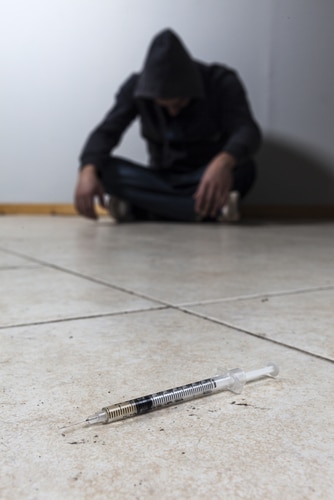
ADDICTION
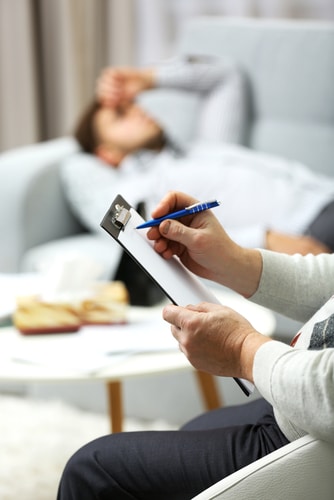
DUAL-DIAGNOSIS

TELEMEDICINE
Impact Outpatient Program is a one-of-a-kind outpatient drug & alcohol treatment center that offers a path to lasting, sustainable recovery.
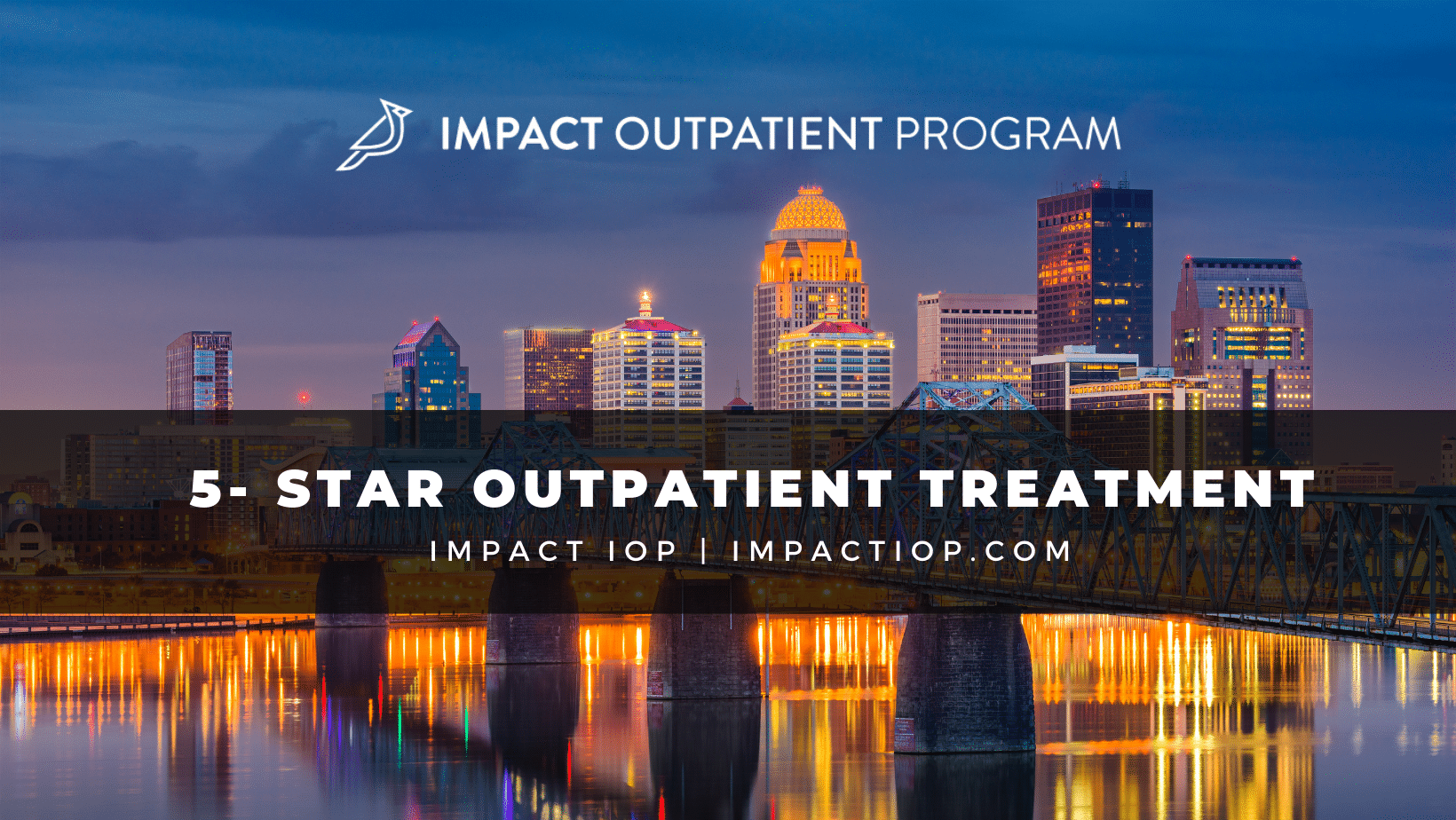
Fill out our free insurance verification form to find out your benefits and coverage options for substance abuse treatment.
At this time we do not accept Medicaid or Medicare policies.
INTENSIVE OUTPATIENT
Our intensive outpatient program helps those addicted to drugs & alcohol is finding a sustainable path to long-term recovery through continued, long-term treatment.
OUTPATIENT PROGRAM
The outpatient program at Impact Outpatient Program is a step-down level of care program that incorporates the foundations of our core program on a less intense basis.
MULTIPLE PATHWAYS
Impact Outpatient Program offers multiple pathways to addiction recovery through traditional and evidence-based programming at our Louisville area treatment center.
INTENSIVE OUTPATIENT
Our intensive outpatient program helps those addicted to drugs & alcohol is finding a sustainable path to long-term recovery through continued, long-term treatment.

Impact IOP is the Best Men’s Drug Rehab Facility in Kentucky
At Impact IOP, we are able to cater addiction treatment to your specific needs. This begins with determining the level of care that would be the best fit for you at this moment. While we do not offer a gender-specific program, we do have material that we personalize for men. This allows us to address some of your specific concerns.
We offer a Partial Hospitalization Program. With this option, you would be able to stay at home and come to the recovery center for 4 to 6 hours per day, 3 to 5 times per week.
We offer an Intensive Outpatient Program (IOP). Similarly, to the partial hospitalization program, you are able to remain home and come to the treatment center during the day. Our IOP program is determined case by case, and typically includes 15-25 hours of group therapy and one hour of individual therapy.
Part of what makes our IOP program great is the convenience of having it located at the same treatment center as the other levels of care. Addiction treatment benefits from consistency and familiarity, which you will get at Impact IOP.
Our outpatient treatment usually involves group and individual therapy. We tailor your treatment schedule to your needs and your availability to get to treatment.
Lastly, we offer family therapy. This is such a vital and helpful program for the families of someone struggling with an addiction. There is no denying that addiction hurts more than the alcoholic or addict, and families deserve an opportunity to heal as well. With both parties in treatment, the chances of the family moving forward together and preventing a relapse increase greatly.
If you are worried about yourself, or someone you love, we invite you to call us at (502) 443-9950. We would be happy to answer any questions you may have about our programs and see where we can help you.
REACH OUT & TALK WITH US
WE LEARN ABOUT YOU
We take the time to learn about your needs and whether or not Impact is the best choice.
WE WILL HELP, NO MATTER WHAT
BEGIN YOUR JOURNEY (502) 912-1038
Let Impact Outpatient Program help you find your path to lasting recovery from substance abuse right now. Same-Day Admissions Available.
